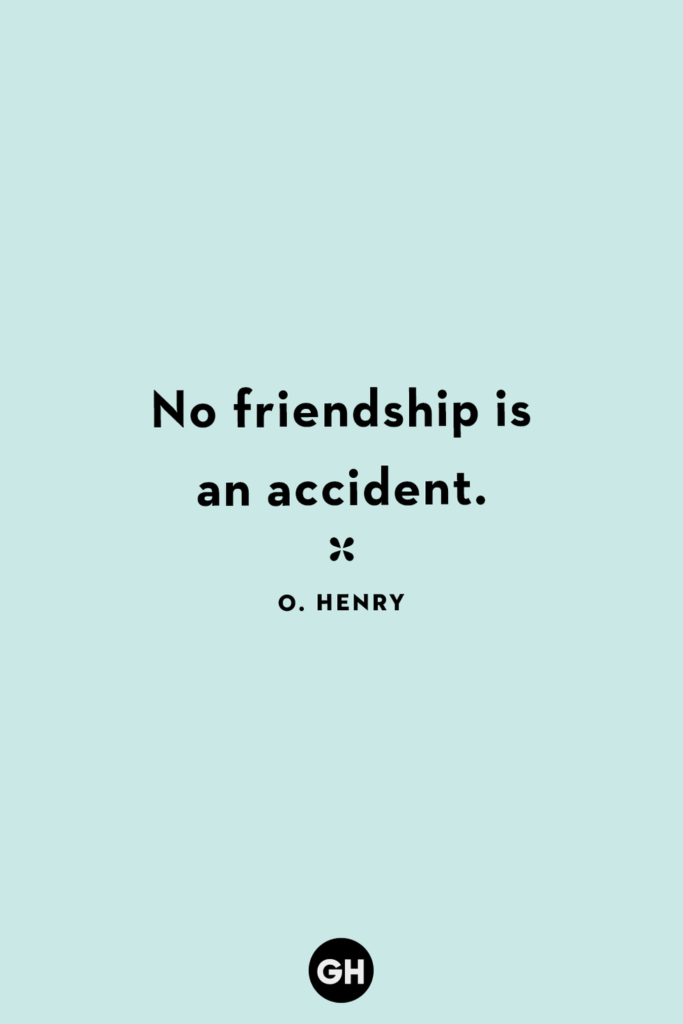بسم الله الرحمن الرحيم
By Mawlana Abul Hasan Ali Nadwi (Allah have mercy on him)
The Sole Treatment for all Evils
Cast a glance at those countries where the work of inviting to Allāh ta‛ālā, spirituality, true Allāh-worship and purification of the self has stopped for some time. And at the number of ‛ulamā’ (who pave the way for a connection between humans and Allāh ta‛ālā, and who direct them towards their internal rectification) which has dropped so much either because of the influence of Western civilization, being in close proximity to the West or for other reasons. In those countries you will find a vacuum – a terrifying and lengthy vacuum – which can neither be filled by extensive and in-depth knowledge, intelligence and sharpness of mind, literary skills, a deep bond with Arabic language and literature, genealogical relations, nor freedom and autonomy. This is a spiritual and moral dilemma for which there is no solution.
The upper classes and the masses have succumbed to a universal materialism, blind love for wealth, and other social and moral illnesses. The educated people and intellectuals (whether religious education and culture o r materialist) are all trapped in spiritual ailments such as the love for position and authority, jealousy and miserliness, pride and egotism, the desire for popularity, hypocrisy and flattery, and an awe for matter and power.
As for social and political movements they have been ruined by selfishness, an absence of training and weakness of their leaders.
As for institutes and organizations, mutual differences, a lack of perceiving their responsibilities, desire for the world, and a love for increase in salaries have rendered them useless. They have confined themselves to doing these things only.
As for the ‛ulam ā ’ , externalism, superficiality, paying lipservice, unnecessary and pointless fear for poverty, desire for comforts and enjoyment have ruined their respect and dignity.
The treatment for all this can be found in nothing but that prophetic purification which is mentioned in the Qur’ān , which is the objective of commissioning Rasūlullāh s allallāhu ‛alayhi wa sallam, and in that rabbānīyyat which is required of the ‛ulamā’. تنك امبو بتكلا نوملعت متنك امب يننبر اونوك نكلو نوسردت م
Become the men of Allāh as you used to teach the Book and just as you yourself used to study it.
I am not stressing any particular form of tazkiyah as is common nowadays, and which in the latter days is referred to as tasawwuf. I do not consider all the flag bearers of tasawwuf to be completely free from every erroneous way and misunderstanding, nor do I consider them to be sinless. However, what I can say is that it most essential for the vacuum which has crept into our lives and our society be filled as quickly as possible. For this, it is necessary for tazkiyah, ihsān and spiritual jurisprudence to be revived just as our predecessors had revived it in their respective times. All this has to be on the system of prophet-hood, in the light of the Qur’ān and Sunnah. This work is vital in every era and every place where Muslims are living. It is most crucial because this vacuum is a major serious vacuum, and it has far-reaching consequences on our individual and collective lives.
I would like to quote an Arab poet who speaks about those who criticize those who fulfilled this responsibility in their respective eras and rendered this service. مكيبلأ ابأ لا مهيلع اولقأ– اودس يلذا نكالما اودس وأ موللا نم
May you be bereft of a father! Either stop denigrating them or fill the vacuum which they filled.
Too many criticisms have been levelled against these servants of Allāh. The question is if there is anyone to take their place who would treat the pain?



